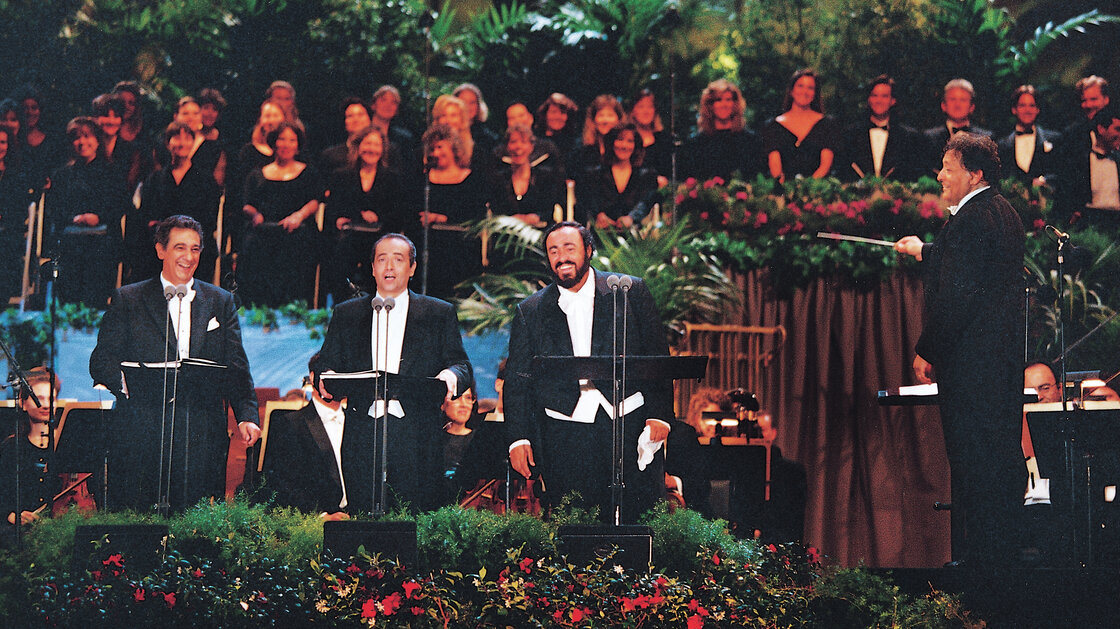ANNAPOLIS, Md. (AP) -- Binge drinkers and frat boys
aren't the only ones despairing over Maryland's new ban on grain
alcohol: Violin makers who used the liquor to make varnish are also
affected.
Silver Spring violin maker Howard Needham tells The Washington Post
that nothing works better than Everclear grain alcohol for making the
varnishes he uses to repair chipped or broken musical instruments. He's
been hoarding whatever grain alcohol he can get his hands on since the
ban took effect last month.
Other violin makers report similar concerns.







